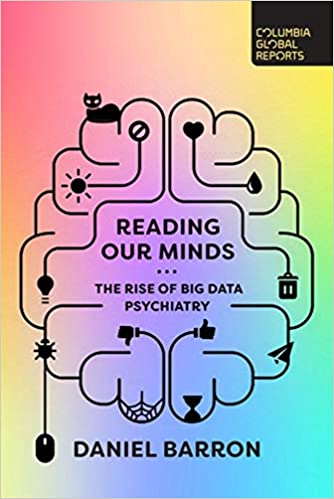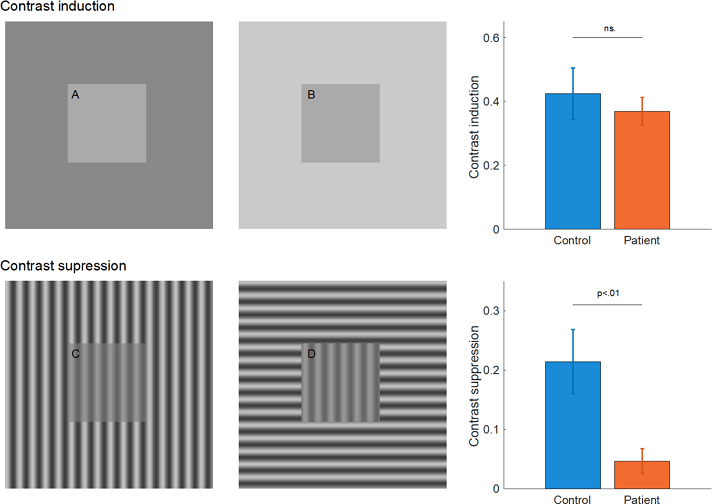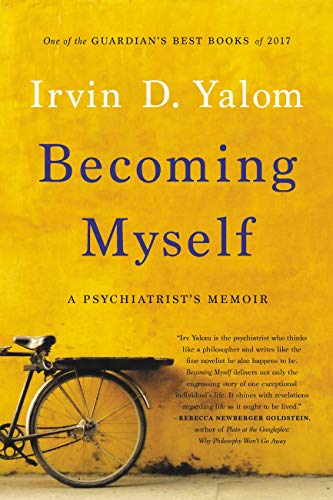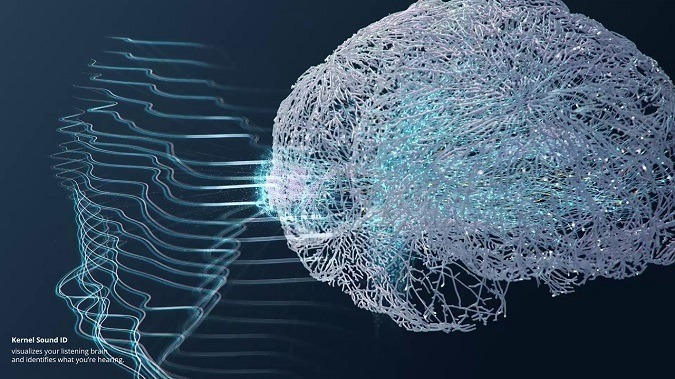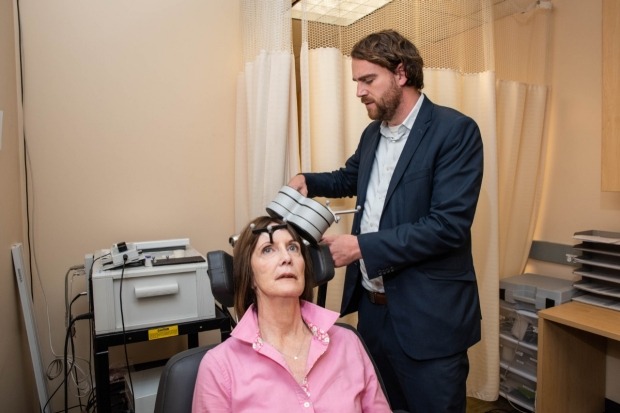Posts Tagged ‘psychiatry’
Reading Our Minds: New book issues strong call to action to modernize psychiatry
The Rise of Big Data Psychiatry (The Wall Street Journal): As a physician, I need to figure out three things when a new patient walks into my office: what their life is typically like, what has changed that made them seek treatment and what I can do to help them. It’s a complex problem, and…
Read MoreStudy: Depression affects visual perception … making it more accurate
Depression affects visual perception (press release by University of Helsinki): Researchers specialised in psychiatry and psychology at the University of Helsinki investigated the effects of depression on visual perception. The study confirmed that the processing of visual information is altered in depressed people, a phenomenon most likely linked with the processing of information in the…
Read MoreNeuroimaging, big data and mental health: A survey of the land
Mental and degenerative disorders are among the most costly and common causes of disability in society today. Because the brain is the most complex organ in the human body, diagnosing and treating problems when things go wrong poses enormous challenges. Even before the 1990s was designated the Decade of the Brain, the potential of neuroimaging—the…
Read MoreOn becoming a psychotherapy pioneer and bestselling writer: A fantastic memoir by, and window into, the unique mind of Irvin D. Yalom
If you’re interested in the life of the mind, here you have an awesome window into a unique mind — a profound memoir by bestselling writer and psychotherapy pioneer Irvin D. Yalom. It was published back in 2017 but, like good wine, it has aged well and is more relevant today than ever. Irvin D. Yalom,…
Read MoreKernel launches Neuroscience as a Service (NaaS) built on non-invasive brain recording technology
__ A Neuroscientist’s Thoughts On Kernel’s Announcement: “Kernel, the neurotech company founded by Bryan Johnson, just released a wave of new information about the technology they have been building over the past half-decade. With this announcement, we finally get a glimpse into the secretive company’s plans. We knew that they had ditched their intentions of…
Read MoreReinventing depression treatment via transcranial magnetic brain stimulation (TMS)
___ Stanford researchers devise treatment that relieved depression in 90% of participants in small study (press release): “A new form of magnetic brain stimulation rapidly relieved symptoms of severe depression in 90% of participants in a small study conducted by researchers at the Stanford University School of Medicine … In transcranial magnetic stimulation, electric currents…
Read More
